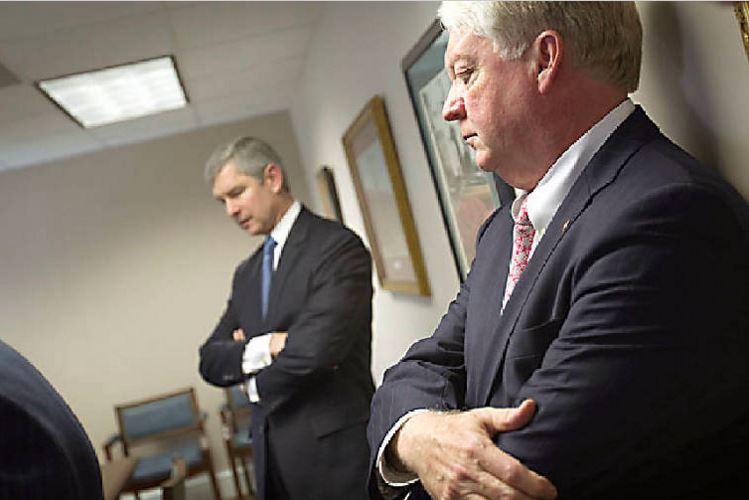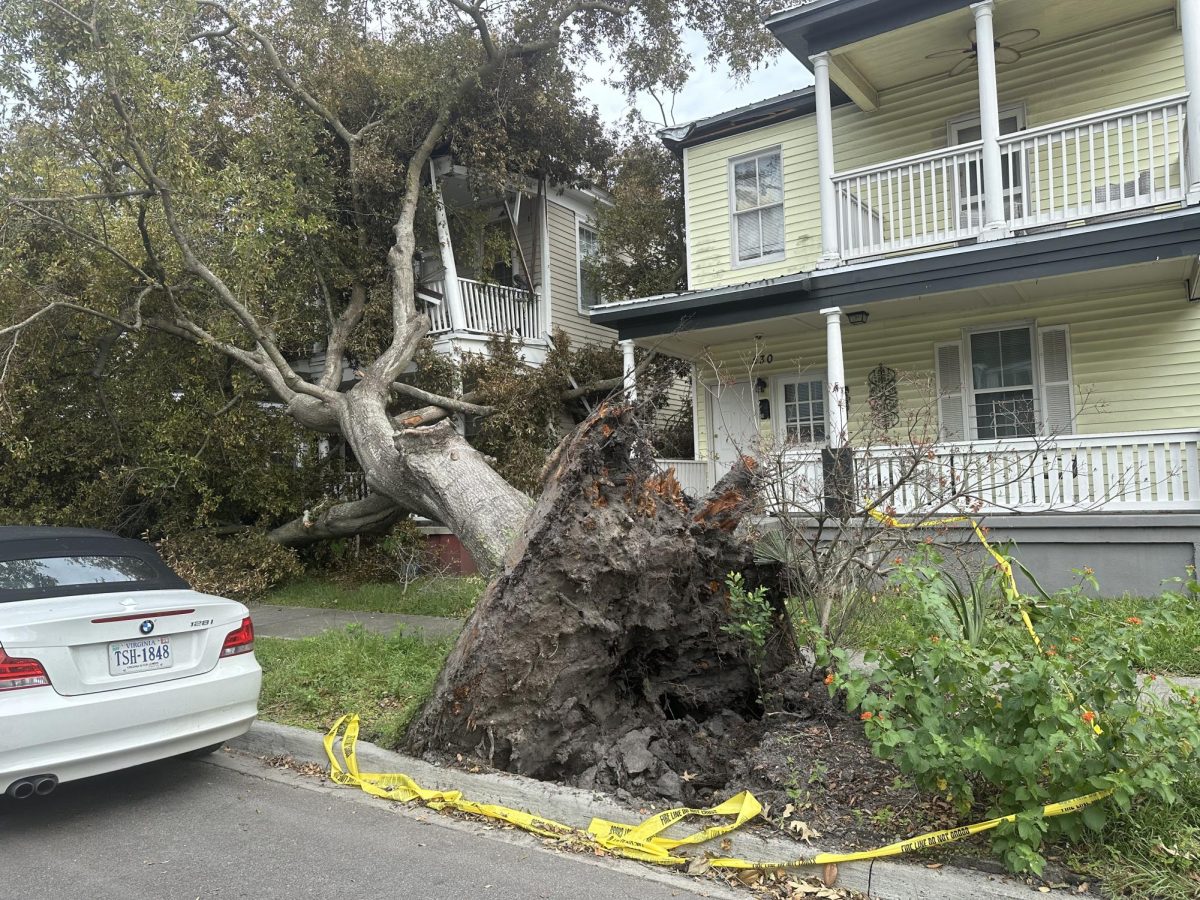
This month, the state of Georgia Board of Regents passed a new University System of Georgia Sexual Misconduct Policy. The new policies come after the USG Campus Safety Initiative, launched in May 2015, and will replace all local institution policies across the state.
A new systemwide update to the student conduct policy was also passed, however there has been more concern surrounding the sexual misconduct policy. Schools are allowed to add to the policy in order to clarify information, but they may not change anything in the new policy.
“We are committed to providing safe and welcoming campuses for all of our students,” said Chancellor Hank Huckaby. “Our goal is simple, yet critically important to our campus communities – to provide more consistent and clearer systemwide practices to ensure fairness for all of our students.”
The new policy will require training for all individuals involved in investigations, hearings and appeals. This will include the continuation of Web-based education on alcohol and sexual assault awareness for faculty and staff at USG institutions.
Another new component of the policy, aimed at protecting individuals against bias, allows any party the right to challenge the involvement of an investigator or decision-maker on concerns of bias. In those cases, the institution must provide a neutral party to review the challenge.
A Facebook group, Students United Against the USG Sexual Misconduct Policy, has been assembling allies at various Georgia colleges and universities. Their goal is to get the Board of Regents to revise the new policy, adhering to advice from students and experts on the topic.
The group is working on a list of ways in which the new USG policy conflicts with federal law which currently includes that there is no clause about retractability of consent and that the victim or complainant prosecutes.
Other policy issues pointed out by the group of students are that both parties have the opportunity to confront witnesses through writing, which would be filtered through a Title IX coordinator. This style of communication was compared to cross-examination by several members of the group.
Under the new sexual misconduct policy, the accused cannot be suspended or expelled from their institution unless substantial evidence is found.
Assistant dean of student integrity Andrew Dies hosted several listening groups last week for students, faculty and staff to give their feedback on the new changes. The revised Code of Student Integrity must be submitted to the USG office of Legal Affairs by April 22.
Anyone who was unable to attend the listening groups may send their feedback to the Assistant Dean of Student Integrity at andrew.dies@armstrong.edu.
Both policies will not go into effect until July 1.







